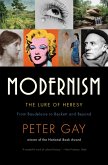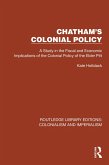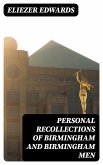In 'The Constitutional History of England from 1760 to 1860,' Charles Duke Yonge offers a meticulously detailed examination of England's political evolution during a century marked by profound change. Spanning critical events such as the American Revolution and the expansion of British imperial interests, Yonge employs a scholarly narrative that reflects both the complexity and the dynamic nature of constitutional development. His analytical approach is underscored by a rich use of primary sources and legal texts, positioning the work within the larger discourse of constitutional law and political theory of the time. Yonge's prose is both accessible and erudite, appealing to readers who seek clarity amid the intricacies of British legal and political history. Yonge, an accomplished historian and advocate for constitutional reform, immersed himself in the study of law and history, influenced by his engagement with contemporary political thought and his commitment to understanding the historical foundations of governance. His expertise in parliamentary processes and a keen awareness of the implications of historical events on modern governance shine through in this work. Yonge's background as a legal scholar provides the necessary lens to explore the interplay between monarchy, Parliament, and the burgeoning demands of an increasingly vocal electorate. This book is an invaluable resource for scholars and students of British history, providing insight into the constitutional transformations that shaped modern governance. Yonge's thorough analysis not only enriches our understanding of historical precedents but also encourages readers to reflect critically on how these changes continue to resonate in contemporary political discourse. For anyone invested in the study of law, politics, or the history of democracy, Yonge's work is not to be missed.
Dieser Download kann aus rechtlichen Gründen nur mit Rechnungsadresse in A, B, BG, CY, CZ, D, DK, EW, E, FIN, F, GR, H, IRL, I, LT, L, LR, M, NL, PL, P, R, S, SLO, SK ausgeliefert werden.









